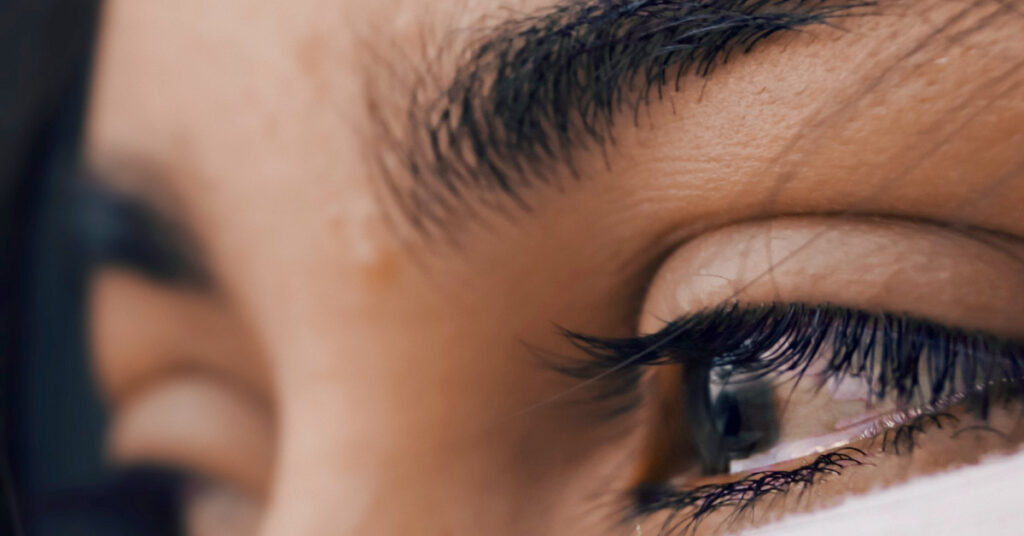Each year, around 2.4 million Americans suffer from eye injuries or eye trauma. Nearly a third of these eye trauma cases occur in people ages 18 – 45 years old.
Eye trauma, often called ocular trauma, is any direct damage to the eye. The injury can affect not only the eye, but the surrounding area as well; including the tissue and bone structure. Eye injuries include bruises, punctures and scratches and usually result from accidents, injuries, exposure to chemicals or foreign objects in the eye.
Symptoms of Eye Trauma
Symptoms for eye trauma vary based on the type of injury. They may appear suddenly or develop over time. Some minor symptoms of eye trauma may include: slight pain, bruising or swelling.
Symptoms that may mean that there is a more serious injury are:
- Cut or torn eyelid
- Large amount of blood in the clear part of eye
- Severe pain in the eyeball
- Eye discharge
- Unusual pupil size or shape
- Sudden increase in floaters and flashers
- Vision changes
Some eye injuries are only obvious when they get really serious, so it’s important to have an ophthalmologist examine the eye as soon as possible once the above symptoms are experienced. Serious eye injuries can cause vision loss or blindness if left untreated.
Treatments for Eye Trauma
Treatment for eye trauma depends on the type and severity of the injury. For minor eye injuries, treatment may include:
- Cold compresses: Ice packs can help to reduce swelling and relieve pain when receiving a hit to the eye. Do not apply any pressure when using the cold compress.
- Eye flushing and eye drops: Small particles in the eye can usually be taken care of naturally. Blink several times to produce tears to flush out particles, as well as using eye wash to flush the eye out.
For serious eye injuries, do not attempt to treat yourself. Instead, see your ophthalmologist right away, as untreated eye trauma can lead to retinal detachment and other serious vision changes.
Early evaluation by an eye doctor can significantly improve the prognosis and help avoid permanent vision loss from an eye injury. Reach out today if you would like to schedule an appointment with Dr. Pandya. Dr. Pandya services the Dallas Fort Worth community with offices in both Plano and Waxahachie, Texas.

